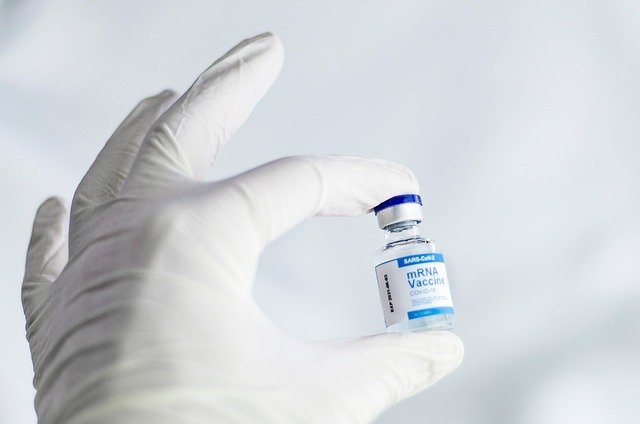Understanding the Relationship Between Radiation and Prostate Cancer Risk
Explore the latest studies on the impact of radiation on prostate cancer risk. Discover insights into how radiation exposure may affect the development and progression of prostate cancer. Gain valuable knowledge about potential risk factors and preventative measures that can help enhance your understanding of this critical health issue.

What is the connection between radiation and prostate cancer?
The relationship between radiation exposure and prostate cancer is complex and not fully understood. While high doses of radiation are known to increase cancer risk in general, the specific impact on prostate cancer is less clear. Some studies suggest that certain types of radiation exposure may contribute to an increased risk of developing prostate cancer, while others have found no significant association.
How does ionizing radiation potentially affect prostate cells?
Ionizing radiation, such as X-rays and gamma rays, can damage DNA within cells. When this occurs in prostate tissue, it may lead to genetic mutations that could potentially trigger the development of cancer. However, the body has natural repair mechanisms that can often fix this damage. The risk of cancer development increases when these repair processes fail or when there is repeated or prolonged exposure to radiation.
What are the primary sources of radiation exposure linked to prostate cancer?
Several sources of radiation have been investigated for their potential link to prostate cancer:
-
Occupational exposure: Workers in industries involving radiation, such as nuclear power plants or radiology departments, may face increased risks.
-
Medical imaging: Frequent exposure to diagnostic procedures like CT scans or X-rays may contribute to cumulative radiation exposure.
-
Environmental factors: Natural background radiation and man-made sources in the environment could play a role, though the impact is generally considered minimal.
-
Radiation therapy: While used to treat cancer, radiation therapy for other conditions near the prostate might potentially increase future cancer risk.
What do recent studies reveal about radiation and prostate cancer risk?
Recent research has provided mixed results regarding the relationship between radiation and prostate cancer risk. Some studies have found a slight increase in risk among certain populations with higher radiation exposure, while others have not observed a significant correlation. It’s important to note that these studies often face challenges in accurately measuring long-term radiation exposure and accounting for other risk factors.
Are there specific risk factors that may interact with radiation exposure?
When considering the potential impact of radiation on prostate cancer risk, it’s crucial to understand that various factors may influence an individual’s susceptibility. In Worldwide, researchers have identified several key risk factors that may interact with radiation exposure:
-
Age: Older men are generally at higher risk for prostate cancer, and this may compound any effects of radiation exposure.
-
Genetic predisposition: Family history and certain genetic mutations may make some individuals more sensitive to radiation-induced DNA damage.
-
Lifestyle factors: Diet, physical activity, and overall health status can influence how the body responds to radiation exposure.
-
Cumulative exposure: The total amount of radiation exposure over a lifetime may be more significant than individual instances of high-dose exposure.
-
Timing of exposure: Some research suggests that radiation exposure during specific periods of life may have a more substantial impact on prostate cancer risk.
What preventive measures can be taken to minimize radiation-related risks?
While more research is needed to fully understand the relationship between radiation and prostate cancer, there are several steps individuals can take to minimize potential risks:
-
Limit unnecessary medical imaging: Discuss the necessity of each radiation-based diagnostic procedure with your healthcare provider.
-
Occupational safety: Those working in radiation-exposed environments should strictly adhere to safety protocols and use protective equipment.
-
Regular health screenings: Maintain routine check-ups and prostate cancer screenings as recommended by your doctor.
-
Healthy lifestyle choices: Maintain a balanced diet, regular exercise routine, and avoid smoking to support overall prostate health.
-
Stay informed: Keep up-to-date with the latest research and recommendations from reputable health organizations regarding radiation exposure and prostate cancer risk.
In conclusion, while the relationship between radiation and prostate cancer risk remains a subject of ongoing research, it’s clear that minimizing unnecessary radiation exposure is a prudent approach to overall health. As our understanding of this complex issue continues to evolve, maintaining open communication with healthcare providers and following established guidelines for prostate cancer prevention and screening remain essential steps for men’s health worldwide.
This article is for informational purposes only and should not be considered medical advice. Please consult a qualified healthcare professional for personalized guidance and treatment.




